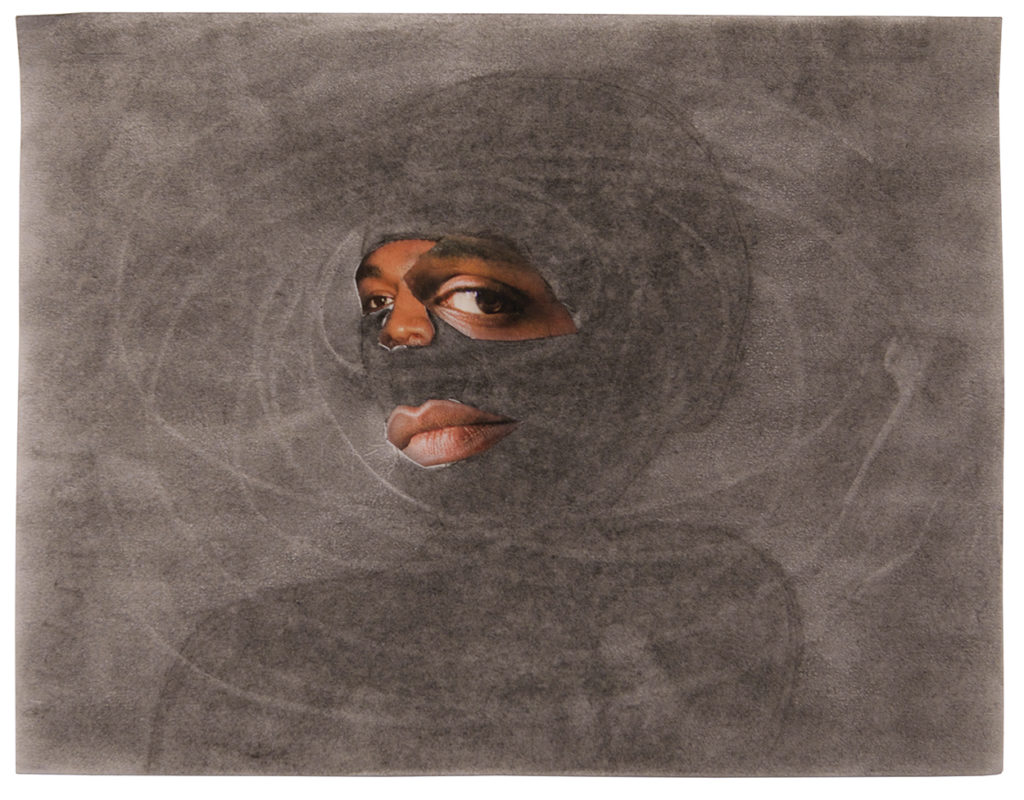
Recently, my mother’s Facetime call interrupted me during a day of intense work. I took her phone call expecting it to provide a much-needed break. My mother is a public-school teacher in Atlanta, Georgia, where she specializes in working with kindergarteners with special needs. She is overworked and underpaid, but rarely complains because she truly feels called to the work. Thus, I was surprised to hear how upset she sounded when I answered the phone. She told me about something concerning one of her students, an incident with her student’s mother that resulted in her arrest. The family is living in a local homeless shelter run by a church in the community. The mother who was arrested, a single mom of three boys, has struggled with keeping her job throughout the pandemic, leading her into an immense amount of stress. My mother and her student’s mother have worked together closely to support him— so much so that when he was supposed to move from kindergarten to first grade, the boy’s mother asked the school to allow my mom to become a first-grade special teacher so that my mom could keep supporting her son. My mother has gotten to know her over the past two years of working together and has listened as she confided in her about the difficulty of her circumstances. As a single mom herself, my mother expressed how much she has always respected her for doing “the best she can.” Two nights earlier, the homeless shelter where they were staying called the police on the mother for getting into a physical altercation with her oldest son after he stayed out past the shelter’s curfew. Now, the mother is in jail facing a felony conviction, and being held without bail because the court considers her to be a ‘threat’ to her children. This leaves her sons to stay with their grandmother who lives forty-five minutes away, outside of Atlanta.
I was drawn to abolition because of my acute awareness of how the carceral system fails my community. I saw my stepdad’s mental illness and addiction become criminalized, leading him to spend five years in prison during my childhood. I saw the way that metal detectors and drug dogs in my middle school’s hallways instilled fear in my peers. I saw the city of Atlanta profit off of Black food, music, and pride, then turn around and line the streets with riot-gear-wearing police officers when my community protested the murder of Rayshard Brooks, an unarmed Black man whom the police killed after responding to a complaint about him sleeping in his car. However, despite years of reading about abolition, talking to friends and family about how prisons cause harm, and unpacking the way the carceral system has perpetuated trauma in my own life, I still find myself saddened and frustrated after conversations like the one I had with my mother about situations I find deeply unjust. What does it accomplish to imprison a Black, homeless single mother and kidnap her away from her children when they are already struggling? Why are they holding her without bail, forcing her to spend more time away from her children? Why did the homeless shelter— a place that should serve as a safe space for families— view calling the police as the ‘solution’ to an instance of violence that made them uncomfortable? In the context of the state of Georgia’s January 2022 decision to spend $600M on the construction of two new prison facilities, what other ways could our community pool together the resources that are spent funding police and prisons to support people like this mother?
I think it is essential to ask ourselves and our society these questions, and consider Angela Davis, who argues that prisons disappear human beings. In Are Prisons Obsolete, Davis describes how prison abolitionists are met with surprise and distrust by those unaware of the movement who find it unimaginable to live in a social order “that does not rely on the threat of sequestering people in dreadful places designed to separate them from their communities and families.” Elsewhere, she explores how imprisonment has become the automatic response to social problems, saying “homelessness, unemployment, drug addiction, mental illness, and illiteracy are only a few of the problems that disappear from public view when the human beings contending with them are relegated to cages.” Angela Davis asks us to question our assumptions about prison. While I have never assumed that prisons are functional sites for ‘rehabilitation,’ I continue to feel sick to my stomach oat their cruelty and waste. For the family of my mother’s student, I cannot accept that putting a homeless, Black single mother of three in prison for up to ten years over one unfortunate moment will do anything more than perpetuate violence and harm.
(By Susan EB Grant)
(Image Credit: Tameca Cole / Art in America)